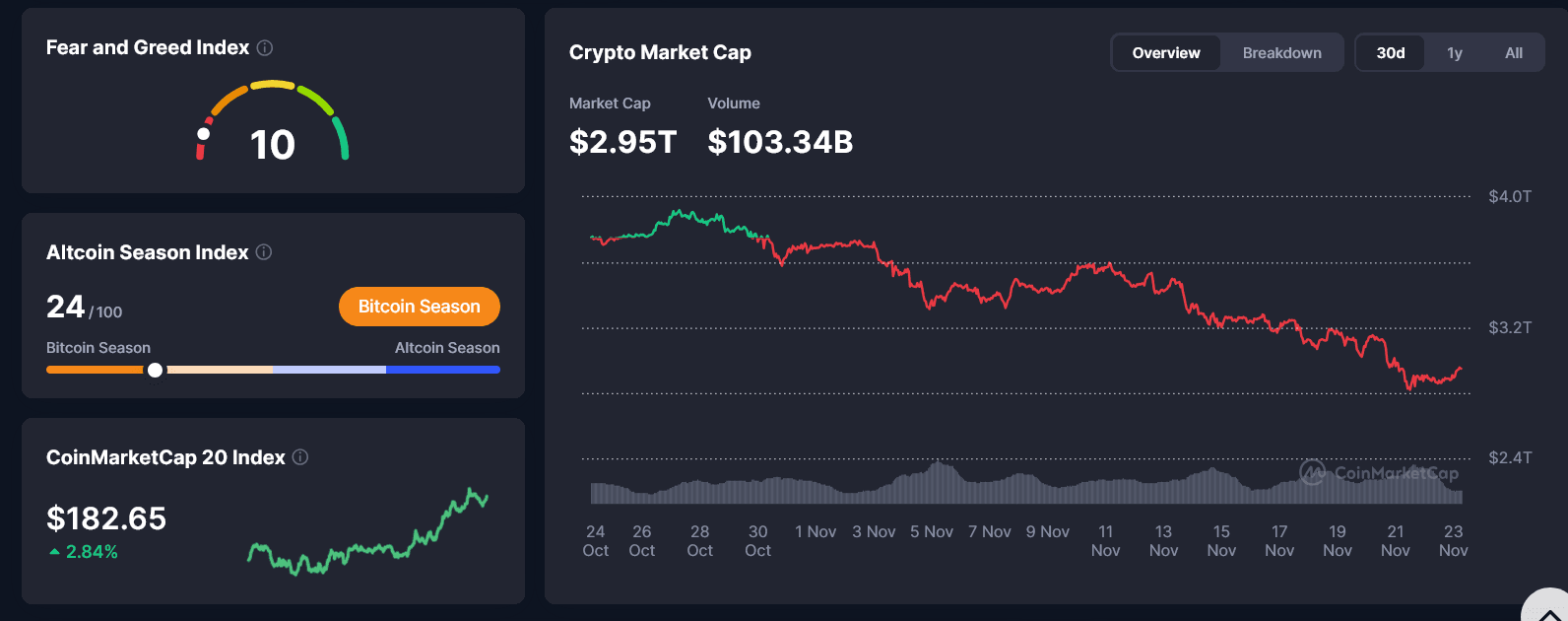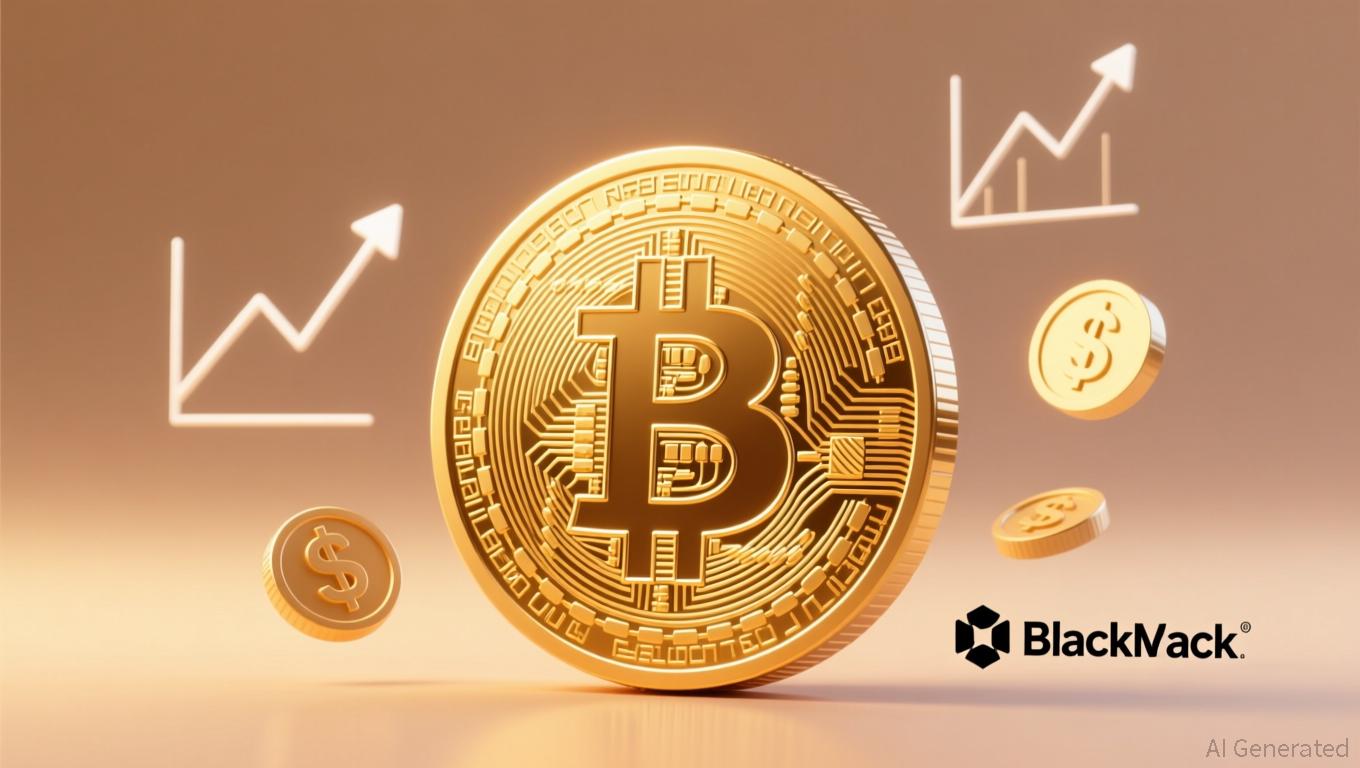Trump's Tariff Measures Face China's Endurance: Trade Dispute Reaches Critical Juncture
- Trump halts Canada trade talks, shifts focus to 155% China tariffs via Truth Social, escalating U.S.-China tensions. - China counters with rare earth export controls and "Dual Circulation" strategy, mitigating U.S. tariff impacts through supply chain diversification. - Global markets react sharply: $329M crypto liquidations, U.S. farmers face losses, and rare earth deals with Australia aim to reduce China dependency. - Upcoming Malaysia talks may stabilize relations, but Trump's hardline stance risks dee
U.S. President Donald Trump has unexpectedly ended trade discussions with Canada, pointing to an anti-tariff ad featuring Ronald Reagan as the reason—a decision that could shift Washington’s trade focus toward China amid rising tensions, according to

The breakdown in talks with Canada coincides with Trump intensifying pressure on China, threatening tariffs as high as 155% on Chinese products starting November 1 if a trade agreement isn’t reached, according to
Financial markets worldwide have already responded to the growing conflict. The combination of Trump’s tariff threats and China’s export restrictions has led to a drop in both stock and cryptocurrency markets, with more than $329 million in crypto positions liquidated within a single day, according to
Despite these challenges, China’s economy has proven more robust than expected. Although U.S. tariffs have reduced China’s GDP by 0.3%, Capital Economics analysts observe that global supply chains have adjusted, with other countries stepping in to meet U.S. demand. China’s “Dual Circulation” policy—which emphasizes boosting domestic spending and finding new export markets—has also helped shield its economy, as highlighted by
The Trump administration has tried to counter China’s advantages, including signing an $8.5 billion rare earth agreement with Australia to lessen U.S. dependence on Chinese supply, a move reported by Yahoo Finance. Nevertheless, concerns about China’s control over key minerals persist. Trump has also accused China of profiting from the U.S. opioid crisis, alleging that fentanyl is being smuggled through Venezuela despite the billions paid in tariffs, according to
With both countries continuing to impose retaliatory measures, the outlook for a resolution remains unclear. While Trump has expressed willingness to reach a “fantastic deal” with Xi, his tough approach—combined with the unresolved dispute with Canada—could further fragment the global economy. Upcoming discussions in Malaysia between U.S. and Chinese officials, ahead of a possible Trump-Xi meeting, might provide an opportunity to ease tensions, according to a
---
Disclaimer: The content of this article solely reflects the author's opinion and does not represent the platform in any capacity. This article is not intended to serve as a reference for making investment decisions.
You may also like
Bitcoin News Update: Institutions Choose Bitcoin as Protection Against Inflation, Not as a Payment Method
- BlackRock highlights rising institutional demand for Bitcoin as a "digital gold" hedge against inflation, not a payment tool. - Abu Dhabi's ADIC tripled its $517.6M stake in BlackRock's IBIT ETF, reflecting confidence in Bitcoin's long-term value preservation. - BlackRock develops a staked Ethereum ETF but faces regulatory hurdles, while crypto treasury firms like FG Nexus struggle with asset valuation pressures. - Institutional adoption accelerates globally, with Latin America expanding crypto infrastru
What's Next For the Crypto Market?

Bitcoin News Today: Bitcoin as Digital Gold, Ethereum as the Engine of Decentralized Finance: How Cryptocurrencies Are Carving Out Distinct Functions
- BlackRock executives highlight Bitcoin's shift toward "digital gold" as a long-term store of value, supported by institutional demand and fixed-supply models like Bitcoin Munari. - Ethereum's faster transaction velocity (3x BTC) reinforces its "digital oil" role, contrasting with Bitcoin's stable, passive accumulation strategy and macro-hedge appeal. - Regulatory clarity on stablecoins and blockchain transparency could deepen Bitcoin's institutional adoption while highlighting risks in altcoins like Aero

Stargate’s AI Strategy: Safeguarding the Nation or Raising Antitrust Concerns?
- Stargate, a $500B AI joint venture led by OpenAI, Oracle , and Nvidia , aims to consolidate computing power across seven gigawatt data centers in the U.S. and UAE. - Yale scholar Madhavi Singh warns the alliance violates antitrust laws by merging fierce competitors, risking cartel-like behavior and stifling innovation in chips and cloud services. - Critics argue Stargate eliminates competition in key AI sectors, while the Trump administration and lawmakers praise it as a strategic move to counter China,
